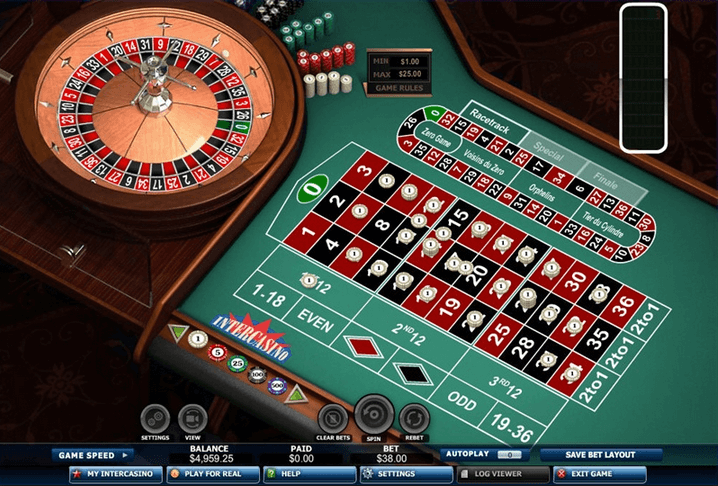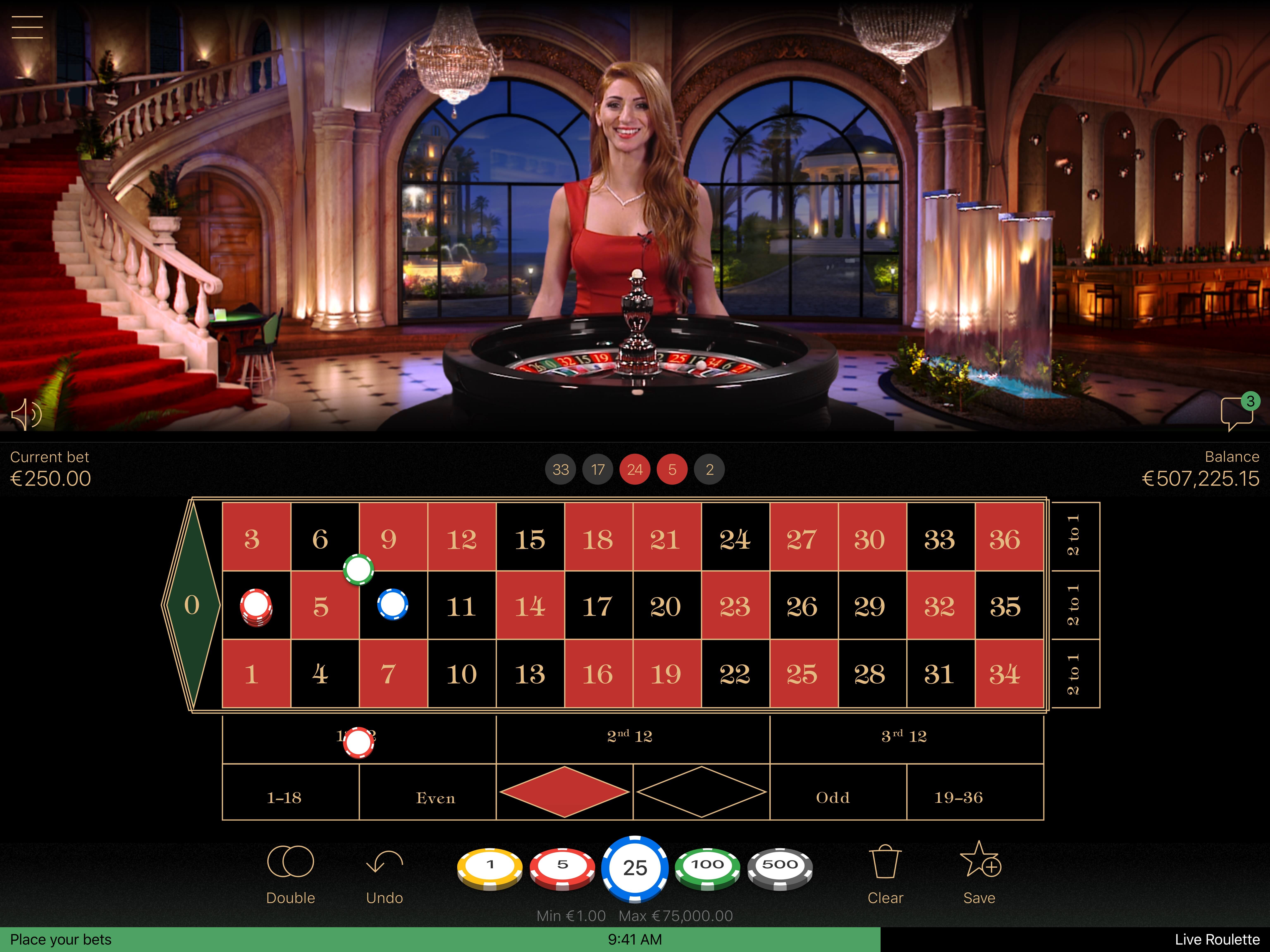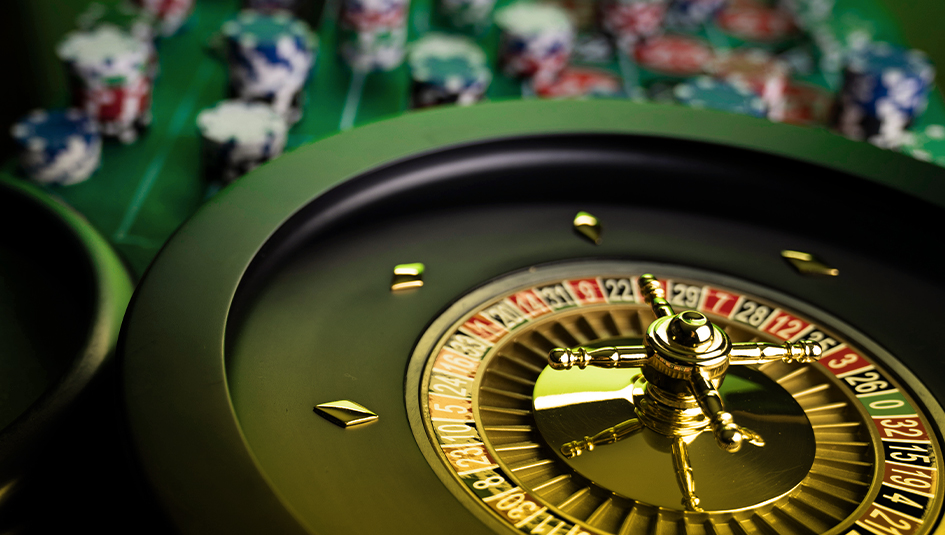Psychology of Live Roulette

Live roulette is a popular casino game that combines the excitement of gambling with the thrill of interacting with a real-time dealer. This unique combination of factors has led to the emergence of a specialized field of study known as the psychology of live roulette.

Perception of Control:

One of the key psychological aspects of live roulette is the perception of control that it offers. Unlike slot machines or other electronic games, where the outcome is determined solely by random number generators, live roulette involves a real-life dealer spinning a physical roulette wheel. This element of human interaction can create the illusion of control, making players feel like they can influence the outcome of the game.
Emotional Rollercoaster:
Live roulette can trigger a wide range of emotions in players. The anticipation of waiting for the ball to land, the excitement of a win, and the disappointment of a loss can all be part of the experience. These emotional fluctuations, coupled with the social interaction with other players and the dealer, contribute to the overall psychological experience of live roulette.
Risk-Taking Behavior:
Live roulette is inherently a game of chance, and this aspect can influence the risk-taking behavior of players. Some individuals may be more prone to risky bets in an attempt to regain losses or increase potential winnings. The unpredictable nature of the game can lead to impulsive decisions and a distorted perception of risk.
Addiction Potential:
Live roulette, like any form of gambling, has the potential to be addictive. The combination of excitement, social interaction, and the perception of control can make it difficult for some players to resist the urge to keep playing. The psychological effects of gambling addiction can include emotional distress, financial problems, and relationship issues.
Cognitive Biases:
The psychology of live roulette can also be influenced by cognitive biases. For instance, the gambler's fallacy, which involves the belief that a past event will affect the outcome of a future event, can lead players to bet on numbers that have recently come up or avoid numbers that have not appeared for a certain period.
Understanding the psychological factors that influence live roulette is crucial for responsible gambling practices. By recognizing the potential risks and taking steps to mitigate them, individuals can enjoy the excitement of the game without compromising their well-being or financial stability.


























































































































